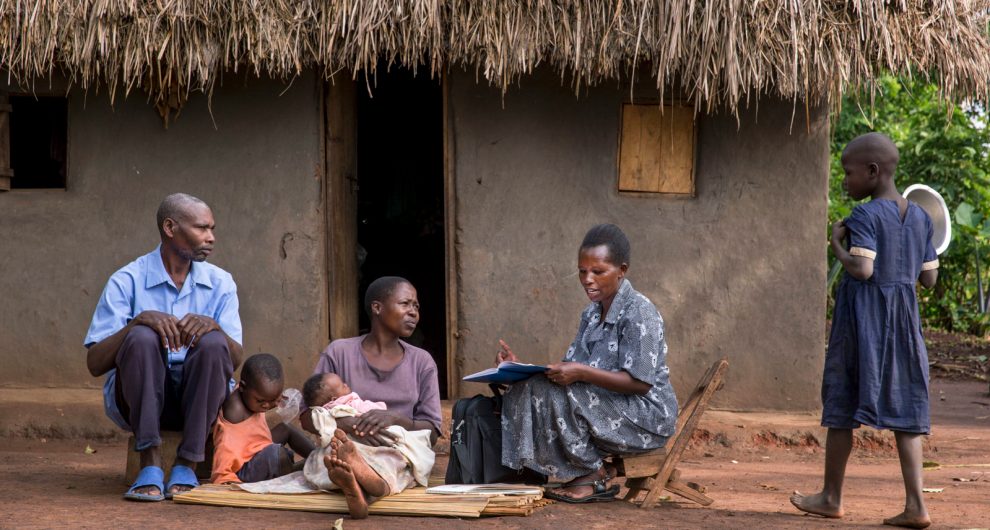Re-examining Traditional Method Use - Desperation or Innovation (TEAM-UP)


In sub-Saharan Africa, more than 8.5 million women use traditional methods such as rhythm (or periodic abstinence), withdrawal, and folkloric methods for contraception. The reasons for traditional method use are varied and complex. Understanding and clarifying these reasons is important for family planning policies and programmes, especially those that seek to support women wishing to delay or stop childbearing.
The traditional methods use study will develop and test new family planning (FP) measurement approaches by investigating how to account for and include traditional method users in measurement and programme approaches. Findings should inform revisions to questions around traditional method use in surveys, and inform the definition and measurement of “universal access” in accounting for FP preferences.
The three-year study will look at the motivations, patterns and profiles of women who use traditional contraceptive methods in four African countries: the Democratic Republic of Congo (DRC), Ghana, Kenya and Nigeria. These and other data collected will be made available for re-analysis by researchers.
The project will:
- Modify survey instruments for collecting data on contraceptive use including traditional methods;
- Use mixed-methods techniques to gather data on the motivations, patterns and profiles of women who use traditional contraceptive methods in the Democratic Republic of Congo (DRC), Ghana, Kenya and Nigeria;
- Publish the research findings in high-impact journals; and
- Share data with other researchers for secondary analysis.
The project’s four main outcomes are:
- Estimates of traditional methods use in selected study sites in the four countries;
- Quantitative and qualitative data on the characteristics of users of traditional methods of contraception, the reasons/motivations for use, and other non-modern contraceptive strategies for pregnancy avoidance;
- Scientific papers (at least six) submitted to peer-reviewed journals; and
- Publicly available quantitative and qualitative data.
The research project titled Re-examining Traditional Methods Use: Desperation or Innovation? is led by the African Institute for Development Policy (AFIDEP) in partnership with researchers from the College of Medicine, University of Ibadan, Nigeria; University of Ghana; University of Kinshasa in collaboration with Population and Health Research Institute (PHERI), Democratic Republic of Congo (DRC); and University of Portsmouth, UK; together with Akena Associates from Nigeria.
Funded by Bill & Melinda Gates Foundation.
Key Details
| Dates: | July 2020 to Present |
| Aim: | Advancing our understanding of the true prevalence of traditional methods of contraception in four African countries as well as women’s motivations for using these methods. |
| Where: | Democratic Republic of the Congo , Ghana , Kenya , Nigeria |
| Principal Investigator: | Nyovani Madise, Ph.D. |
Related Items
Related Events
Nov 2022
Dec 2021

